8 reasons you're not losing weight when you give up alcohol for dry January

- Dry January doesn't always lead to weight loss in part due to the way the body metabolizes alcohol.
- Some gain weight after giving up booze since their guts heal and their bodies get more nutrients.
Despite the perception that quitting drinking inevitably means losing weight, that's not always the case.
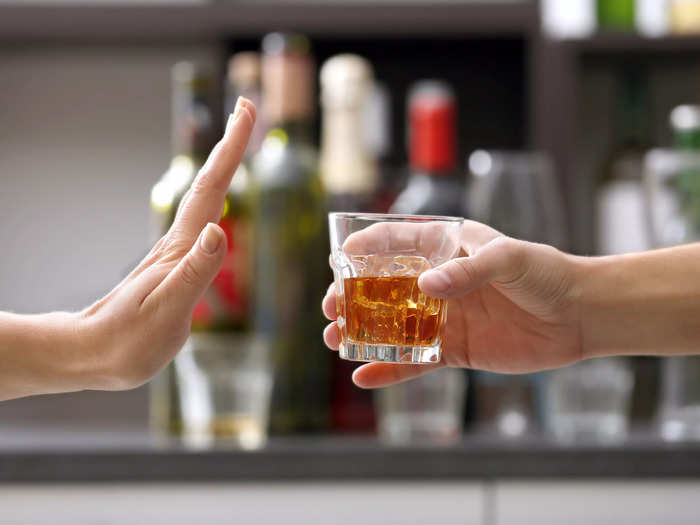
Sure, many people drop pounds if they're drinking way fewer liquid calories, sleeping more and better, avoiding late-night fast-food binges, and morning-after hangover hamburgers.
But it's common to maintain or gain weight too, at least at first, Ana M. Abrantes, a professor of psychiatry and human behavior at Alpert Medical School of Brown University, told me.
The way the body processes alcohol and food, your behaviors, and genetics all play a role in which way your weight swings. Plus, sustainable weight loss takes months and years, not days and weeks — and much of how your body looks is out of your control.
"We get to choose our behaviors and how we care for ourselves," registered dietitian Sumner Brooks, who quit drinking in May 2020, told Insider. "We don't get to say, 'I'm going to stop eating this and stop drinking this and get a six pack.' It doesn't work that way."
Your body doesn't treat alcohol and food calories the same way.
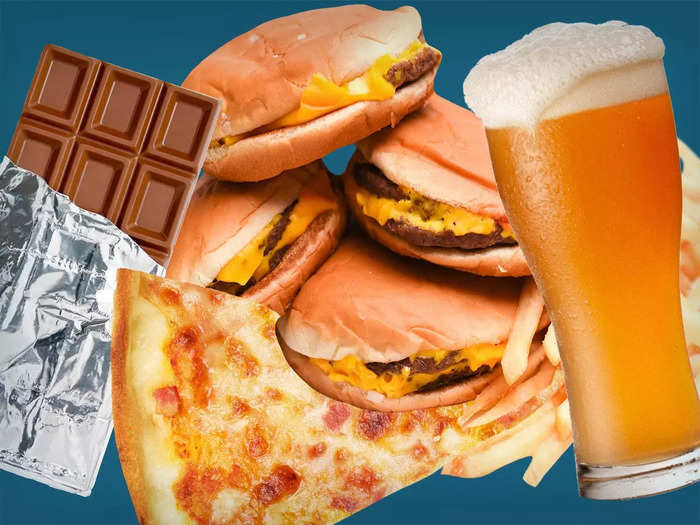
While the body sees a sandwich as fuel to be used for energy or to build muscles or support organ function, it has no use for alcohol. So it prioritizes metabolizing and removing alcohol while storing actual nutrients as fat, registered dietitian Vanessa Rissetto, who's been alcohol-free for almost a year, said.
After enough heavy drinking, the body starts storing alcohol as fat, too, according to the dietitians behind The Biting Truth.
While stopping drinking means your body gets to focus on metabolizing useful nutrients and burning through that stored fat, it won't happen overnight, Rissetto said.
Your healing gut may be absorbing more nutrients.
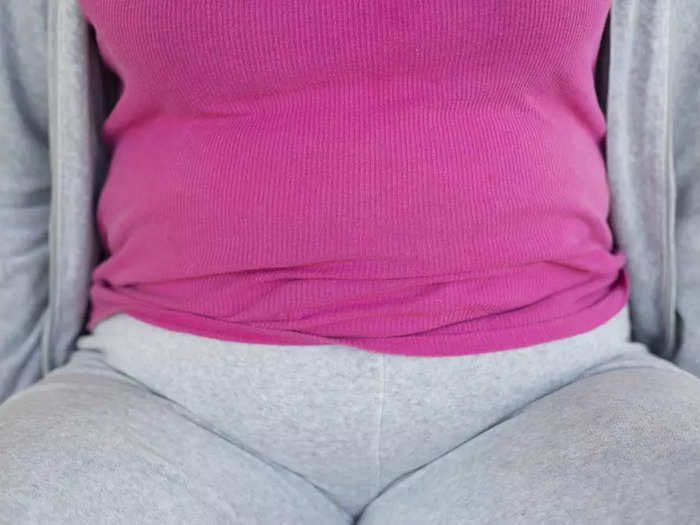
Taking a break from booze also gives your gut a chance to heal alcohol-induced damage and take in more nutrients. That may mean weight gain because your body "is finally getting nourished again," Brooks said. "We're so often told this lie that only if you're getting thinner, you're getting healthier."
Some people under-eat while drinking, so weight gain can be a good sign.
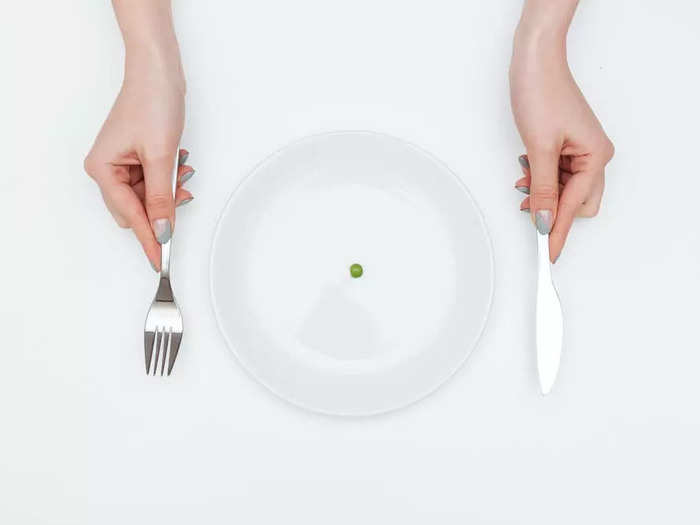
If you've been restricting food in favor of cocktails — colloquially known as "drunkorexia" — your body is fighting to hang on to whatever nutrients it can until it can trust you're going to feed it consistently. It can react similarly if you're dieting and abstaining at the same time.
"Our bodies are designed to be resilient against weight loss," Brooks said. "That's not to say it can't happen healthfully, it's just that if it's not happening, there's a reason."
You may be eating more simple carbs to activate some the same brain pathways as alcohol.

Many newly alcohol-free folks develop a sweet tooth since both sugar and booze produce dopamine, a chemical associated with reward. Heavy drinkers also tend to have low blood sugar, which can persist after going dry and lead to sugar cravings.
You may be using food to cope with whatever booze was helping you to numb.
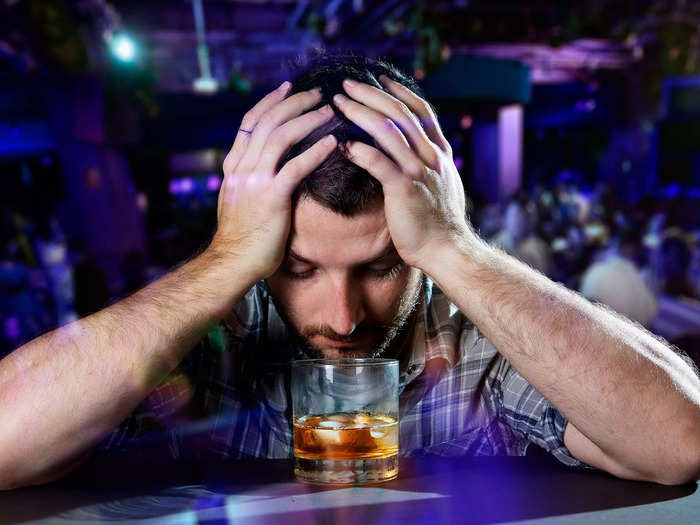
In the absence of alcohol, you may also reach for food to numb uncomfortable emotions, "which are quite common in the challenging period of early recovery," Abrantes said.
Going dry can also, over time, ease depression — leading to increased appetite. That's a good thing. Disordered eating patterns like bingeing also tend to pop up in early sobriety.
It's important to seek help for underlying or newly uncovered mental health conditions to avoid slipping back into alcohol misuse.
Food can also serve as temporary boredom fix.
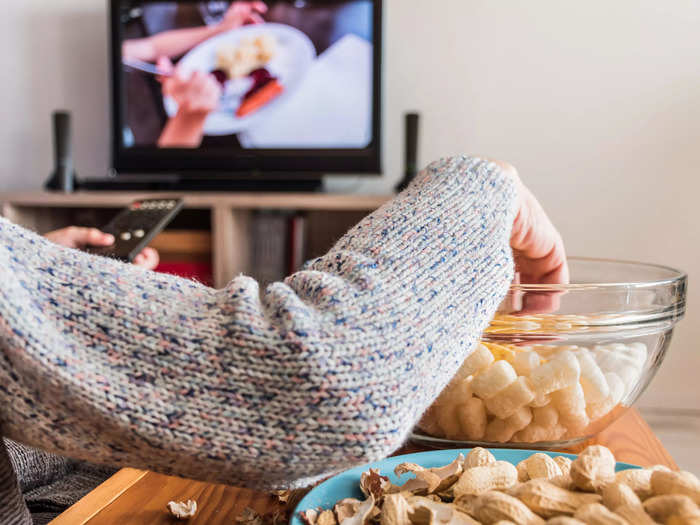
"Any time people change a behavior, our natural gut reaction — literally — is to experience more hunger," Katie Witkiewitz, a psychologist at the University of New Mexico's Center on Alcohol, Substance Use, and Addictions, previously told Insider. "There's the boredom factor and the reward factor," Witkiewitz added, "And food is a very accessible, natural reward."
Fortunately, she said, the intensity of the cravings shouldn't last. "The body is really miraculous in coming into a homeostatic state," she said. "Eventually, people feel more cravings for healthier foods and have more energy."
Weight maintenance or gain may be totally unrelated to being newly alcohol-free.
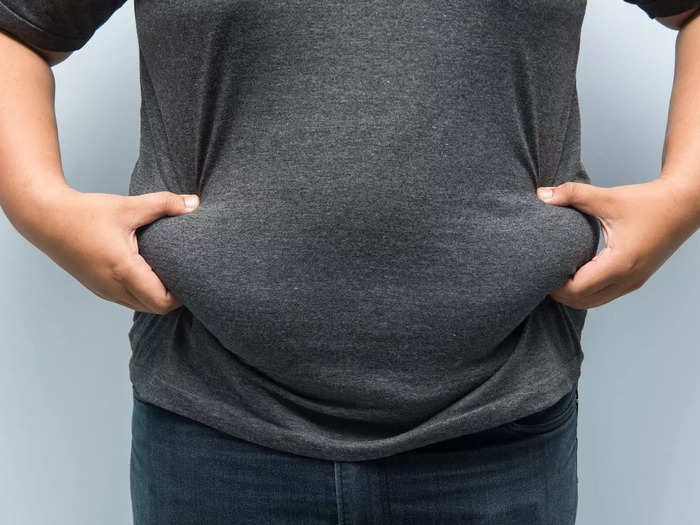
Maybe you're perimenopausal, maybe you've been more sedentary in the cold weather, maybe you're jet-lagged. Genetics, socioeconomic status, and medications can affect your ability to lose weight, too.
"Weight is really complex in and. of itself outside of stopping drinking," Brooks said.
To reach a healthy weight for your body, focus on self-awareness and self-care.
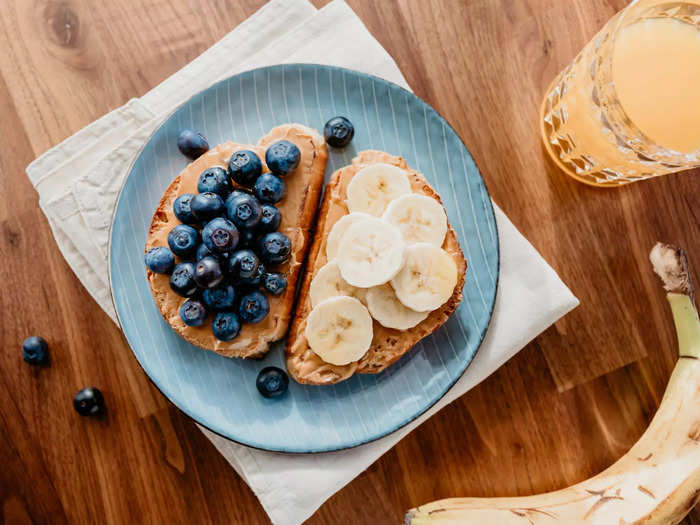
If you notice you're eating to numb tough emotions, try calling a friend. If you're eating out of boredom, revisit an old hobby.
Next, focus on how you feel. More energy, clarity, and presence are all "wonderful benefits of not drinking," Abrantes said. "Focusing on these positives and less on one's weight may lead to naturally gravitating toward healthier choices."
Reframe how you think about food, Brooks recommended. Rather than something that should be restricted, it's something that can support your new lifestyle.
"When you stop drinking, you really need to step up the self-care because it's a very vulnerable time," she said. "And part of self-care is nutrition." Considered that way, you may be more compelled to eat a warm oatmeal with peanut butter than a couple doughnuts on the road.
"No matter what happens to your weight," she added, "it doesn't indicate what's happening to your health and well-being."
READ MORE ARTICLES ON
Popular Right Now
Advertisement